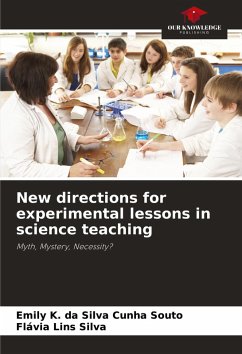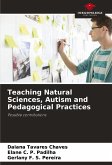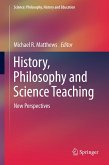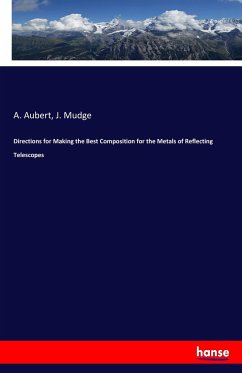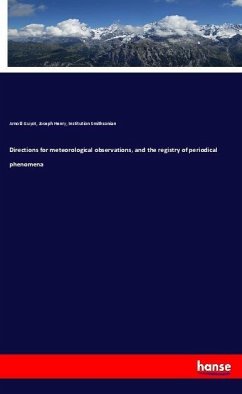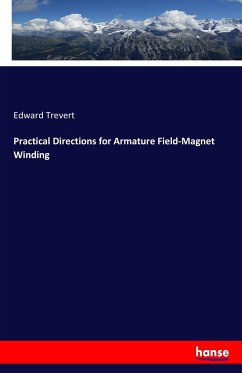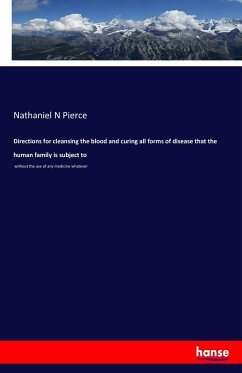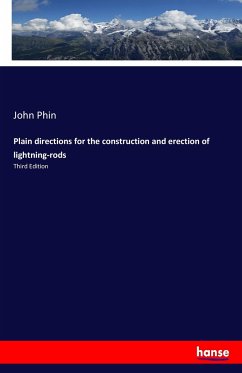Investigative experimental activities have become an extremely important strategy in the teaching-learning process in science education, as they enable concepts to be learnt and important skills to be developed. Based on these assumptions, this paper presents an experience report on investigative experimental activities in a public school in Nova Floresta - PB. The work was carried out with students from two 7th grade classes and aimed to evaluate the application of experimental lessons as a pedagogical resource for the teaching-learning process. In this study we sought to develop a methodology that, as well as characterising the students' thinking throughout the investigative activity, would allow us to relate each student's previous knowledge to their performance and strategies used during the activity, relating it to some everyday problems. The proposed experimental activities were designed taking into account three themes: Microbiology, Evolution and Plant Morphology and Anatomy.
Bitte wählen Sie Ihr Anliegen aus.
Rechnungen
Retourenschein anfordern
Bestellstatus
Storno

